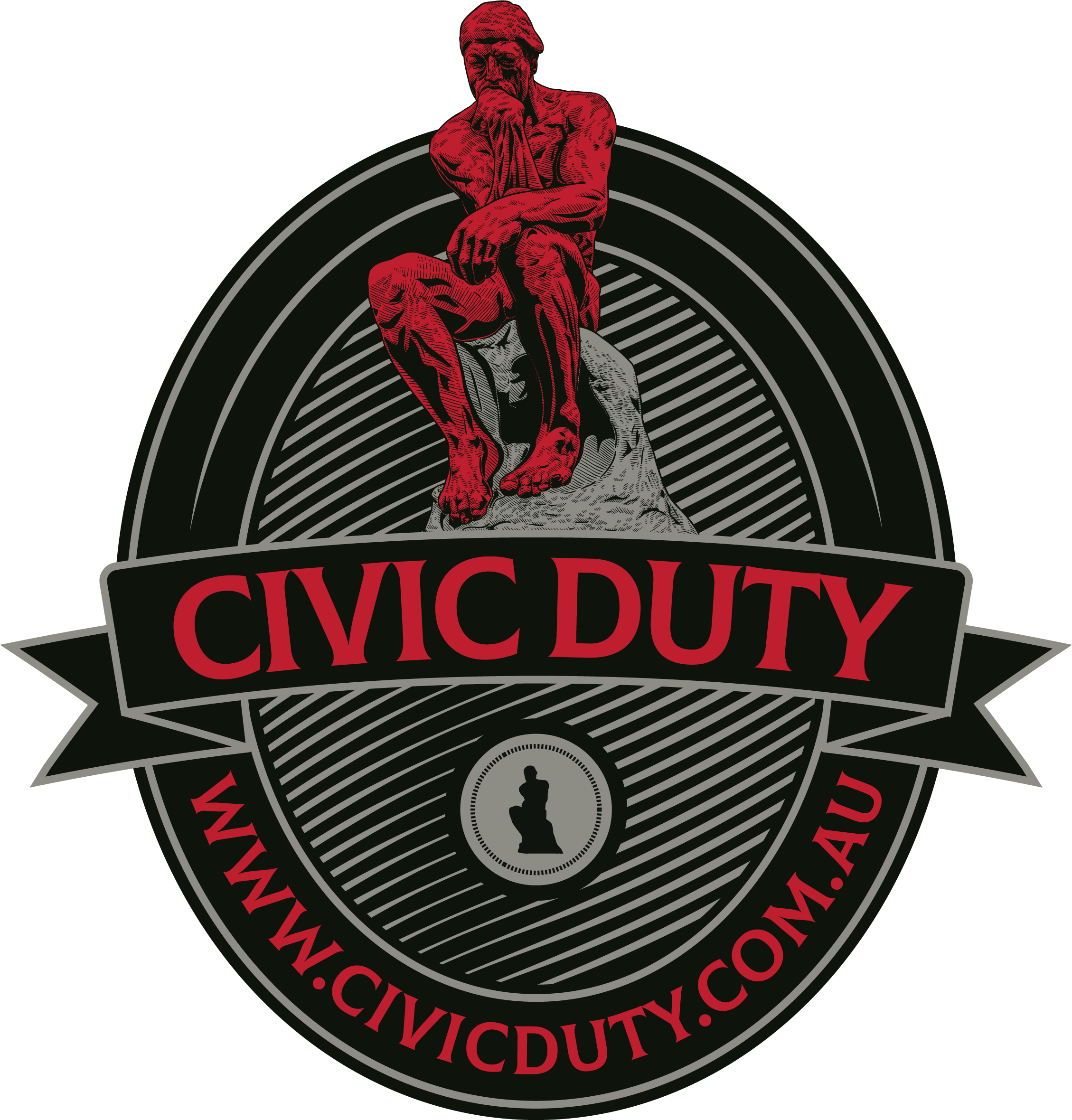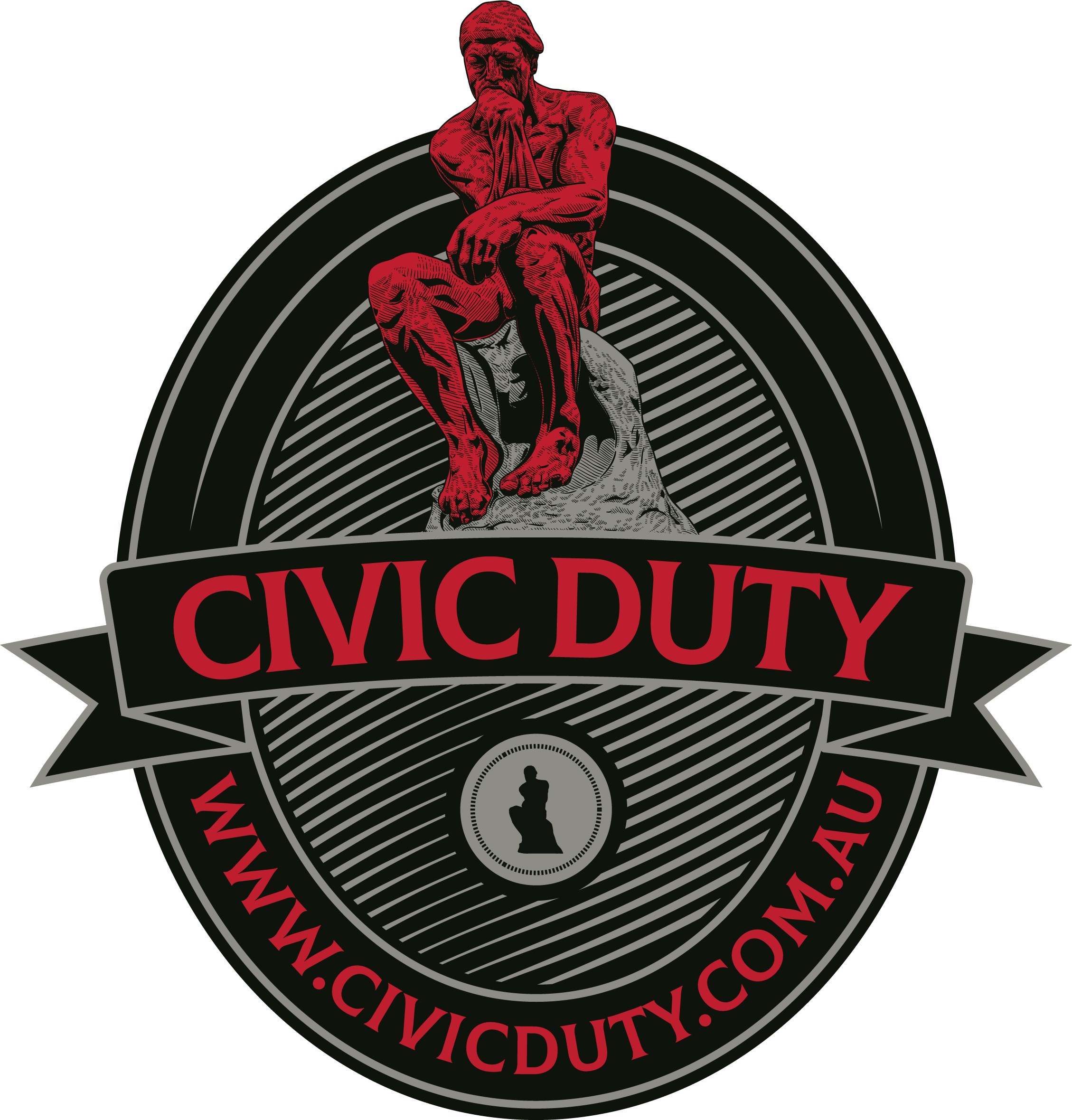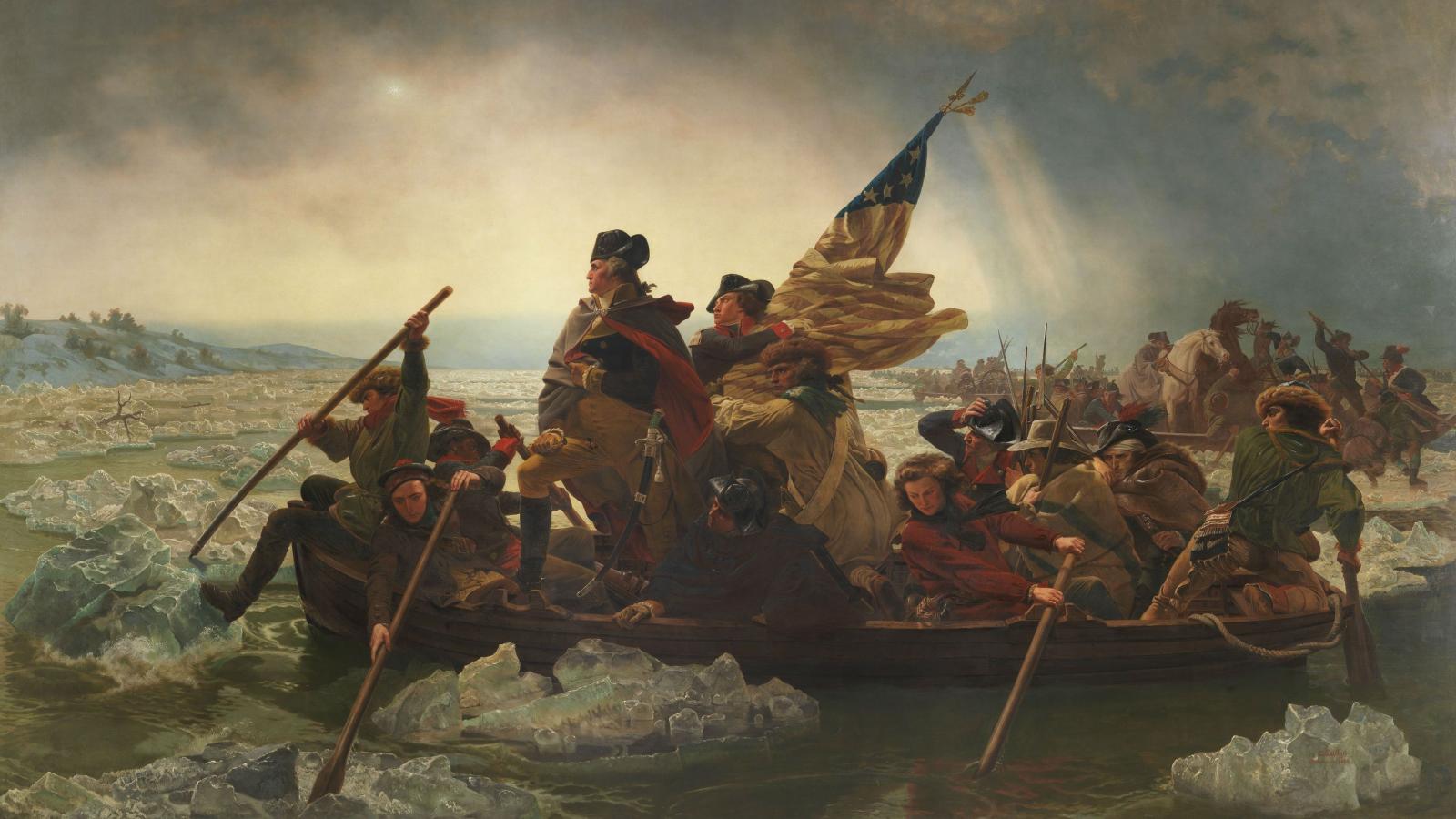The Age of Revolutions is a stage in history which ran from approximately 1775-1848 which many significant historical revolutions took place. This period saw the weakening of the imperialist Old World by the American, French, and Haitian Revolutions along with the revolt of the Slaves in Latin America. What took place was a permanent shift of power, from the Imperial European States having the apparent divine absolute right to rule, to the fundamental intellectual ideas of a constitutional democratic republic of government being implemented.
What has essentially transpired, which resulted in such an anti-establishment era was a set of chain-reactions such as the scientific, military revolutions along with the age of enlightenment all coincided with each other. Along with the compounding of long term wars, it accumulated with the mass-populations of the world rebelling and create a new entity known as the nation-state. The advances in science saw new thinking and therefore helped in the creation of new weaponry and tactics which influenced the military revolution. All of this improvement assisted the kingdoms of France and Britain in their long term conflict with one another. However despite the progress, it also became increasingly expensive as the new materials and training of troops was needed. The British King, George III thought a possible solution to this problem, was the increasing of taxes on the people of the home-county, including their colonies. This was met with anger and resentment, particularly from the Thirteen-Colonies, as they felt that the Motherland was overextending its power, as they were already paying their due taxes and that therefore others were unjustified. Also the fact that these new taxes such as stamp duty was imposed form afar without any consultation. This resulted in the cry of ‘no taxation without representation’ became the battle-cry from across the pond[1]. When the British arrogantly refused, they did not realize that the ideas of the age of enlightenment were resonating with the American people, especially its elite and middle classes. The intellectual foundations of the American Revolution had begun.
I would submit that the most important outcome of this Age of Revolutions was the American Revolution which saw the establishment of the very first classical Constitutional-Democratic-Republic. What must be remembered; is that the American philosophy, in the grand story of human history, is relatively new concept. All other eras which came before, always was some form of authoritative rule by a small elite over the masses. This window of opportunely came from the short-timeframe known as Age of Enlightenment. The philosophical ideology behind this movement was influenced by thinkers such as John Locke, who believed that human nature was made up of reason and tolerance by natural law. That the person is equal to all others and is independent, and that ‘Life, Health Liberty, or Possessions’ are of a universal right[2]. Also that the rights of the sovereign individual were self-evident and that the divine-right-of kings were a myth. These libertarian-like concepts were made official by the creation of the US Constitution and later improved upon with the Bill of Rights[3].It was during this period which saw an unprecedented explosion of new schools of thought, science and art.Republicanism with its element of popular-representation was adopted mainly due to the fact the Americans did not want to repeat the same mistakes of collectivism which they had escaped from, namely absolute monarchism. Above all, the most important outcome of the age of revolution had been realized, that the idea of the government must serve the people, something which was the complete opposite until that point had been successfully implemented.
The fallout of the American Revolution cannot be underestimated, as one of the major reasons that the British did not want to loose the North American Territory was that the Thirteen-Colonies acted as a machine-engine which supplied the ‘Motherland’ with resources and strategic positioning against Europe, particularly Russia in relation to the ‘Great Game’. But most importantly, the British Establishments’ vast empire and juggernaut military along with its aura of invincibility was shattered. This created a wave of fear through the entire elite class of the world, as their own populations might see revolution more favorable, as the precedent of winning was made a reality. This proved to be true, particularly with the French, as they wanted to emulate the Americans when they revolted against their own King and Nobility.
The French Monarchy had problems of their own, as economic problems had transpired due to the wars with the British and the support of the American Revolution. King Louis IX had recalled parliament, who at the time was almost ceremonial expecting to agree to his tax increases. However he had failed to keep informed of the changes happening at the middle-class that were now drawing from the American example of having an accountable government who served the population[4]. This led to the creation of the National-Assembly who also cried ‘no taxation without representation’ and the ideas of reform and representation via popular democracies and an American-style constituent assembly was needed[5]. The reactionary pro-royalist elements of the government refused and the French Revolution had started. Although there are many similar elements between the French and Americans fight, the French was different as it was the people rebelling against their own government and their own King, climaxing with his beheading[6]. And although the ultimate aim of the French Revolution was a failure, as Napoleon became an emperor, he did not enjoy the same absolute rule as previous Monarchs had done[7]. This was due to the precedent being set, that although he had rule, he was still fearful of the people and therefore had to due the public good.
Just as the French drawing inspiration from the Americans, the Slaves of Haiti drew inspiration from the French Revolution. When the Haiti Colony heard of the National Assembly and the reform of laws, along with the writings of the ‘Declaration of the Rights of Man’, which declared all men is created equal, they started to feel empowered to stake a claim for their own freedom[8]. As wealthy whites gained independence from France, their newfound conviction in the principals of liberty and equality was now tested as the full meaning of these principals was now being fully realized. The white plantation owners knowing that their slave-class would be lost, resisted provoking a civil war which escalated into a revolution. This made the French Assembly back off from their hard-line stance of being pro-slavery and grant civil and political rights to the black population[9]. Although this was seen as a great victory, abolition did not transpire and therefore Haiti could not be considered a sovereign state. While another slave-rebellion did not transpire, the Haitian Revolution had become the model of slaves wanting to achieve emancipation all across the world. By 1807, the permanent abolishment of the slave trade had come about in Britain, with the West Indies following 1833. Although Napoleon had reinstated slavery it only lasted until 1848. The Americans had officially ended their slavery practices in 1865, with the passing of the Thirteenth Amendment. Although the Haiti rebellion had long in the short run, it achieved its goal in the long term.
In conclusion, the Age of Revolution has such an impact of world-history that the Old World had been destroyed. Although the French and the Haitian Revolution had been technically failures, as they did not flourish completely, they managed to set the precedent and even their new rulers were mindful of their actions, as it was realized that the people had the ability to fight back against the establishment. But it is my opinion that the American Revolution saw a fundamental change within geo-politics which altered history forever. The concept of the sovereign individual, for the first time, was finally given the opportunity to be free and grow. It showed the world that an organized, motivated, restless minority can defeat a Superpower. Although far from being utopian as inequality was still rampant, it must be understood that the unprecedented shift from serfdom to individual meritocracy was so great, that it is unrealistic and somewhat ungrateful for critics to expect the shift to reach such utopian levels of liberalism in the Age of the Old World. The ideals of the Age of Enlightenment had found a home which allowed it to prosper and be improved upon. It is this reason that for over the next two-hundred years, the United States had represented the example of what ideally humanity could achieve when motivated.
Bibliography –
David Armitage. 2007. The Declaration of Independence. United Kingdom. Harvard University Press.
David Armitage.2004. The Declaration of Independence of World Context. United States
OAH Organization of American Historians.
Richard Ascraft. 1996. Religion and Lockean Natural Rights. United States. Columbia University Press.
C.A. Bayly. 2003. The Birth of the Modern World 1780-1914. Blackwell Publishing. United Kingdom
Ken Burn .2004. Thomas Jefferson. United States. PBS.
David P. Geggus.2001.The Impact of the Haitian Revolution in the Atlantic World. United State. University of South Carolina Press
Bonham C. Richardson.1992. The Caribbean in the Wider World, 1492-1992: A Regional Geography. Cambridge University Press. United States
Charles Royster.1996. A Revolutionary People at War. United States. University of North Carolina Press.
[1] Burn .2004.
[2] Armitage. 2007.43
[3] Royster.1996. 62
[4] Bayly. 2003. 92
[5] Bayly. 2003. 93
[6] Bayly. 2003. 95
[7] Bayly. 2003. 96
[8] Richardson.1992. 161
[9] Richardson.1992.162


